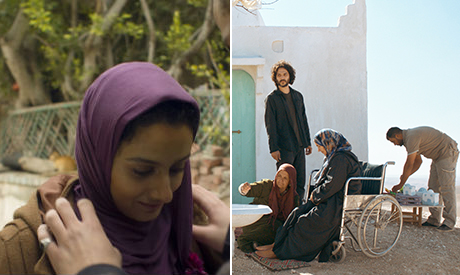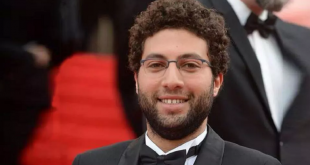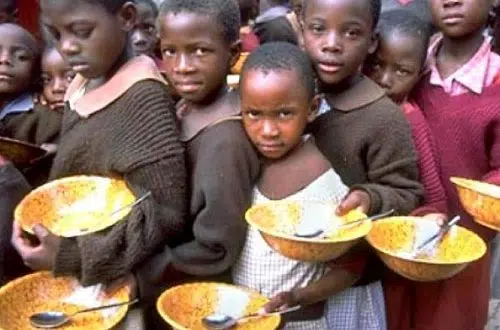Arab participation marks it’s highest this year at Cannes, with diverse films from five countries.
Ahram Online
This year’s Cannes film festival shows eight Arab films in different segments of the festival — arguably the region’s largest participation in Cannes’ history.
Middle Eastern films range in style and theme, from comedy to thrillers, melodramas and documentaries, some of them directorial debuts others by directors who participated in previous years.
Among the films from the Arab world is one short from Egypt; The Trapby Nada Riyadh, showing in the Critics’ Week sidebar.
Following Riyadh’s 2016 feature film Happily Ever After, The Trap is an intricate relationship drama that follows a young couple who go to an isolated seaside resort for sex, before they face a break-up.
Alongside Riyadh’s Egyptian entry, there are two films from Palestine, two from Algeria, two from Morocco and one from Tunisia.
Palestinian director Eli Suleiman presents It Must be Heaven, a feature film, while Wisam Al-Jafari presents a short film titled Ambience, showing at the Cinéfondation sidebar for student films.
Two debut features from Arab directors are in the Un Certain Regard competition: Adamby Moroccan director Maryam Touzani (co-writer of Nabil Ayouch’s Razzia), and Algerian director Mounia Meddour’s Papicha.
Two other debut features screen in the Critics’ Week sidebar; Abou Leila, by Algerian director Amin Sidi-Boumediene, andThe Unknown Saintby Moroccan director Alaa Eddine Aljem.
Tlamess, Tunisian director Ala Eddine Slim’s second feature, plays in the Director’s Fortnight sidebar, while Syrian journalist Waad Al-Kateab and British director Edward Watts present For Sama in the Special Screenings sidebar.
Coincidentally, two Belgian films also tackle Arab or Muslim stories and themes; Jean-Pierre and Luc Dardenne’s film The Young Ahmed, and Bas Devos’s film Ghost Tropic.
After last year’s Palme d’Or win for Lebanese director Nadine Labaki, the presence of Arab films is promising as a comeback for the region’s international participation, with more films offering fresh narratives that provide a new perspective on the region’s experiences.






